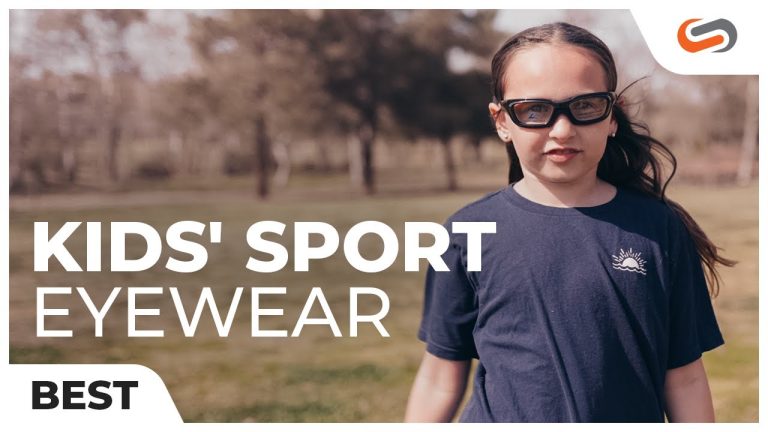5 Tips for Choosing the Best Pediatric Optician for Your Child’s Vision Care
The world of children is very different from that of adults. It is full of wonder, imagination and a lot of curiosity. But when it comes to vision, it is not only a matter of curiosity, but a matter of utmost importance. It is in the early years of childhood that vision develops rapidly, and any issue left untreated can have a severe impact on the child’s life. This is where pediatric opticians come into play.
A pediatric optician is a specialist who deals with diagnosing and treating vision problems in children. They not only help with prescribing glasses or contact lenses but also provide advice on how to take care of the child’s eyes and promote good eye health. The challenges with examining and treating children’s vision require specialized training and experience that a regular optician may not have. Pediatric opticians are trained in child-friendly techniques and have tools that can help diagnose vision problems in even the youngest of children.
Why is it essential to visit a pediatric optician?
Vision problems can occur at any age. But they are more prevalent in children, and early detection and treatment help avoid long-term problems. A pediatric optician can help identify vision problems in children as young as six months. Regular vision check-ups become necessary as a child grows and as their vision develops. A pediatric optician uses specialized tests and techniques that make vision exams more comfortable for children. These tests can include retinoscopy, which determines the child’s prescription without requiring verbal responses, and pictures or shapes that young children can easily identify.
What kind of vision problems can pediatric opticians diagnose and treat?
Myopia
Myopia, or nearsightedness, is a common vision problem in children. It affects their ability to see things that are far away. Pediatric opticians can prescribe glasses, contact lenses or refer the child to an ophthalmologist for further treatment.
Hyperopia
Hyperopia, or farsightedness, is another common vision problem in children. It affects their ability to see things that are close to them. In young children, it may be challenging to detect, which is why regular vision exams are necessary. Pediatric opticians can prescribe glasses or contact lenses or further refer the child for treatment.
Amblyopia
Amblyopia, or lazy eye, occurs when one eye does not develop as well as the other. It can lead to vision loss in the affected eye if left untreated. Pediatric opticians may prescribe glasses or refer the child to an ophthalmologist for treatment, which may include patching the stronger eye to encourage the weaker eye’s development.
Strabismus
Strabismus, or crossed eyes, is a condition where the eyes do not align correctly. It can also affect a child’s depth perception and cause vision problems. Pediatric opticians can prescribe glasses or refer the child to an ophthalmologist for treatment, which may include eye exercises, surgery, or wearing a patch over the stronger eye, depending on the severity of the condition.
How does a pediatric optician make vision exams more comfortable for children?
A pediatric optician has specialized training in child-friendly techniques. They have tools that can make vision exams less challenging for children, like using pictures or shapes instead of letters or numbers. They also use lights or toys to encourage young children to maintain eye contact, which can help with the exam. Pediatric opticians understand that children may not always respond verbally, so they use techniques like retinoscopy to determine their prescription.
Conclusion
Healthy vision and good eye health are significant for a child’s overall development. Pediatric opticians are specialists who have the training and experience required to diagnose and treat vision problems in children. It is essential to have regular vision check-ups as children grow, and their vision develops. A pediatric optician can make vision exams more comfortable for children and use specialized techniques and tools to diagnose and treat vision problems. If you have any concerns about your child’s vision, please consult a pediatric optician today.
Contents
Most wanted in Hoya Vision:
What are prism eyeglass lenses?
Hoya Lens Engravings
What brand lenses does Costco use?
What does +0.25 mean on an eye test?
Do tinted glasses help with migraines?
Should eyeglasses cover eyebrows?
Hoya Identification Chart
What LED light is best for broken capillaries?
Does hyperopia worsen with age?
What is the difference between Ray Ban RB and Rx?














